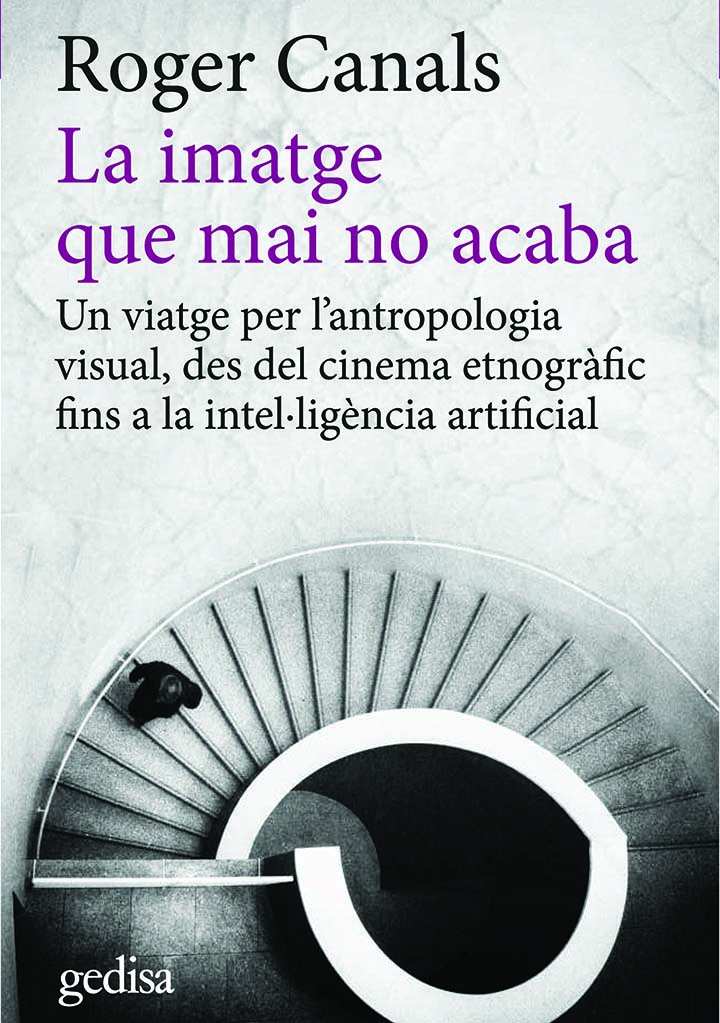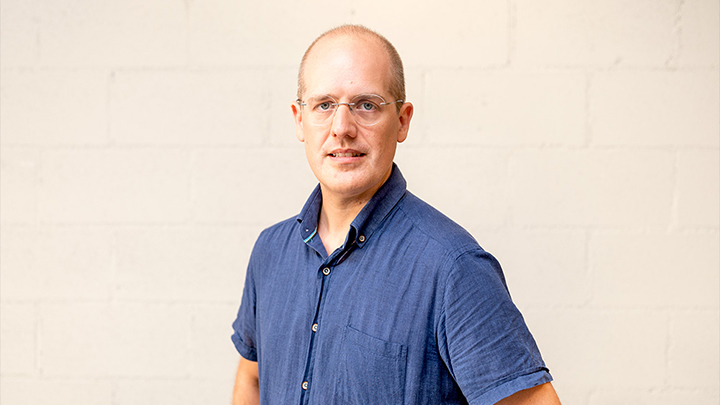Roger Canals: "Visual anthropology is the discipline that allows us to understand the world's cultures and societies through images"


Using multiple examples from our everyday lives and experiences drawn from his own films and research, Canals analyses how we relate to and through images, and how we build relationships with others through the gaze and the instruments of vision. Visual anthropology", he explains, "is a branch of social and cultural anthropology that brings together four main areas: the study of images in different social and cultural contexts, the use of audiovisual techniques in ethnographic research, the creation of audiovisual documents for the analysis of research and the communication of research results, and the cultural analysis of the gaze and visuality".
He confesses that the idea of writing this essay came to him as a result of an ethnographic experience in the Venezuelan jungle. "There are moments in the life of a researcher that acquire a sense of revelation", he says. “Suddenly —he continues— while filming a possession ritual in front of a magnificent altar full of images, a person told me that there were aspects of the ceremony that I could not film. That's when I realized that we need to study images through images, and that we cannot analyze the cultural role of visual representations without asking ourselves what it means to see and be seen”.
This initiatory experience made him realize that the actual act of "looking" is "profoundly performative: whoever looks, acts on what he sees, modifies it". This fact, commonly referred to as the paradox of the beholder, is a common phenomenon in all the social and experimental sciences. “The evil eye, a subject to which I dedicate part of the book —he explains— is a literal example of what I call the projective conception of the gaze: whoever looks with bad intentions can bewitch the one who is seen. But we can also use examples from everyday life: the gazes of others cause reactions in us, and we also cause reactions in others when we look at them. The fact that the conditions of observation affect the observed natural phenomena. In short, looking is a form of contact”.
For this reason, Canals advocates an education on images as a necessity to achieve more critical and free societies. He states that "on the one hand, we love images. Everyone watches films and series, takes photographs, enjoys looking at paintings, graffiti or drawings, or enjoys playing video games or watching videos on social networks. But, at the same time, we unfairly attribute to images some of the evils of our time, such as loneliness, superficiality, and immediacy. Therefore, it is important to "know images better, to know how to make them and analyze them better. And also to enjoy them. It is necessary to commit to visual and digital literacy, and to do so without complexes or prejudices".
And to achieve this goal, Canals points to the possibility of encouraging greater collaboration with the Cinema and Audiovisual School of Catalonia (ESCAC), a UB-affiliated centre. "There are more and more filmmakers who are interested in anthropology, from a theoretical and, above all, methodological point of view, both in the field of fiction and documentary". Therefore, "let's take advantage of it to hold shared seminars, exchanges of teachers and students, and common projects. We all stand to gain", he ventures.
Finally, he defends anthropology as a sister discipline to history, geography and philosophy, with whom he shares the objective of knowledge for a global interpretation of society, but with the difference that it is based on shared experience with other people. "Personally, I like anthropology because it allows me to do fieldwork, to learn and question my own principles through direct contact with other people. However, to be critical and relevant, anthropology needs the other social sciences as well as the so-called natural sciences", he concludes.
Roger Canals (Barcelona, 1980) is an anthropologist and filmmaker. A specialist in visual anthropology and ethnographic film, he holds a PhD in Anthropology from the Ecole des Hautes Etudes en Sciences Sociales in Paris and the UB. He has published numerous articles on anthropology, image and Afro-American religions, as well as the book A Goddess in Motion. Visual Creativity in the Cult of María Lionza (Berghahn Books, 2017, translated into Spanish by UB Editions). As a filmmaker, he is the author of several short films and documentaries, including Una diosa en movimiento (2016) and Cazadores de sombras (2019). He is currently a lecturer in the Department of Social Anthropology at the UB and director of the European project Visual Trust (ERC-Consolidator Grant, 2021-2026). In 2022 he was awarded an ICREA Academia Award.
Multimedia gallery

